The Digital Services Act: Enforcing Online Governance as of Today

Effective February 17, 2024, the Digital Services Act (DSA) has become directly applicable in the entire EU. Its overarching goal is to counter illegal and harmful activities online while upholding fundamental rights, ensuring user safety and fostering transparency and a fair online environment.
The DSA casts a wide regulatory net, encompassing diverse online intermediaries and platforms such as marketplaces, social networks, content-sharing platforms, app stores, and online travel and accommodation platforms.
Key Provisions include:
- Content Moderation: Online platforms are mandated to promptly and transparently detect and remove illegal content, collaborating with trusted flaggers.
- User Safety Measures: Platforms are obliged to proactively protect users, especially minors, from harmful content, establishing robust privacy, safety, and security standards and prohibiting targeted advertising based on profiling children or based on special categories of personal data such as ethnicity, political views or sexual orientation.
- Market Fairness: The Digital Service Act introduces tailored regulations for very large online platforms (VLOPs) and search engines (VLOSEs) to mitigate systemic risks, undergo independent audits, and prevent abuse of their systems.
- Transparency and Accountability: The Act mandates transparency measures for online platforms, including disclosing algorithms used for content recommendation and providing users with comprehensive information about encountered ads.
Central to the Digital Services Act is the protection of fundamental rights, including the preservation of freedom of expression and privacy. While combating illegal content, the Act ensures safeguards to prevent over-removal of content and grants users the ability to contest platform decisions, fostering transparency and addressing biases in recommender algorithms.
As the DSA takes effect, fifteen months after entry into force, stakeholders must adapt to the evolving regulatory landscape, ensuring compliance.
Member States must appoint Digital Services Coordinators (DSCs), bolstering oversight of smaller platforms and enforcement at the regional level.
For very large online platforms and search engines directly supervised by the Commission, the new rules took effect earlier. However, as of today, the European Commission is empowered to levy fines following non-compliance decisions in a compliance proceeding.
 Horizon Europe
Horizon Europe


